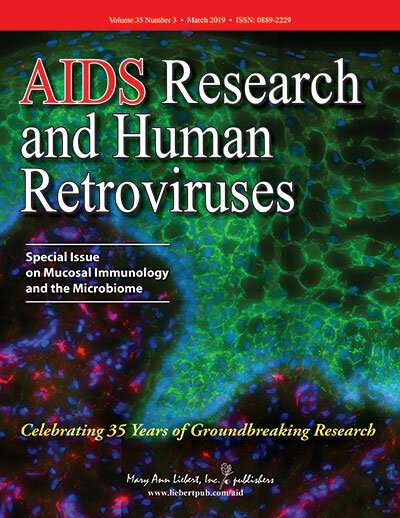What is the real link between bacterial vaginosis and HIV risk in women?

An international team of researchers presents a comprehensive and renewed focus on the common, yet poorly understood condition of bacterial vaginosis (BV) and how the microbial make-up of the vagina can affect a woman's risk of acquiring HIV and AIDS. A Perspectives article, with the goal of standardizing how BV clinical and research findings are discussed, is published in AIDS Research and Human Retroviruses.
In the Special Issue of the journal entitled Mucosal Immunology and the Microbiome, Lyle McKinnon, University of Manitoba (Winnipeg, Canada) and Centre for the AIDS Programme of Research in South Africa (CAPRISA, Durban, South Africa), Gilda Tachedjian, Burnet Institute (Melbourne, Australia), Monash University (Clayton, Australia), The University of Melbourne, and RMIT University (Melbourne), and a large team of researchers from around the world coauthored the article "The Evolving Facets of Bacterial Vaginosis: Implications for HIV Transmission."
BV is a common disorder affecting 29% of women in the United States and 52% of women in sub-Saharan Africa, where HIV is also a highly prevalent sexually transmitted infection (STI). This article draws attention to the varied language and definitions used to describe BV and the related genital inflammation and risk of HIV and other STIs. It also discusses the implications of asymptomatic BV and HIV risk. The researchers make specific recommendations related to conventional and newer molecular testing methods to diagnose BV and to characterize the vaginal microbiome.
"This timely Perspectives article makes an important contribution to HIV research as it explores the active debate surrounding the vaginal microbiome, and bacterial vaginosis in particular, and increased risk of HIV acquisition in women," says Thomas Hope, Ph.D., Editor-in-Chief of AIDS Research and Human Retroviruses and Professor of Cell and Molecular Biology at Northwestern University, Feinberg School of Medicine, Chicago, IL. "We are proud to feature this article, which helps bring clarity to an evolving field, in our first Special Issue on Mucosal Immunology and the Microbiome."
Research reported in this publication was supported by the National Institutes of Health under Award Numbers K23AI103044, R21AI122001, UL1TR000454, and UL1TR002378. The content is solely the responsibility of the authors and does not necessarily represent the official views of the National Institutes of Health.
More information: Lyle R. McKinnon et al, The Evolving Facets of Bacterial Vaginosis: Implications for HIV Transmission, AIDS Research and Human Retroviruses (2019). DOI: 10.1089/aid.2018.0304


















